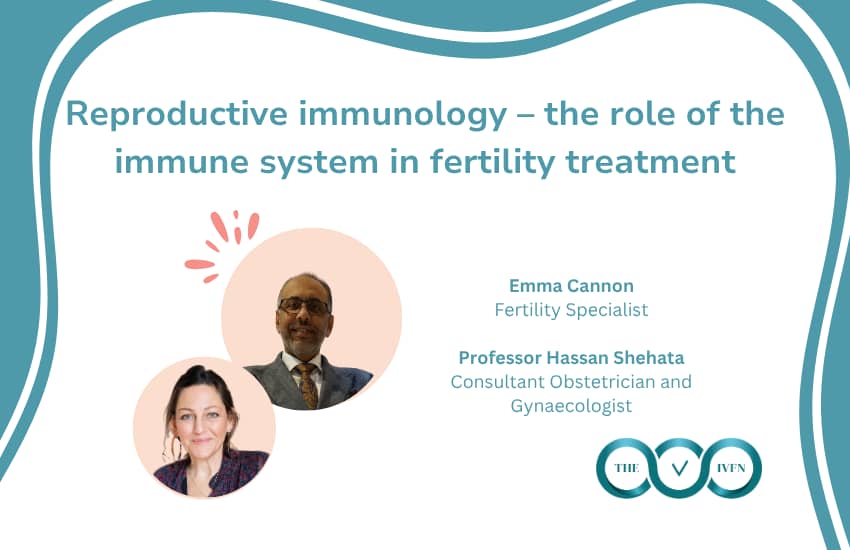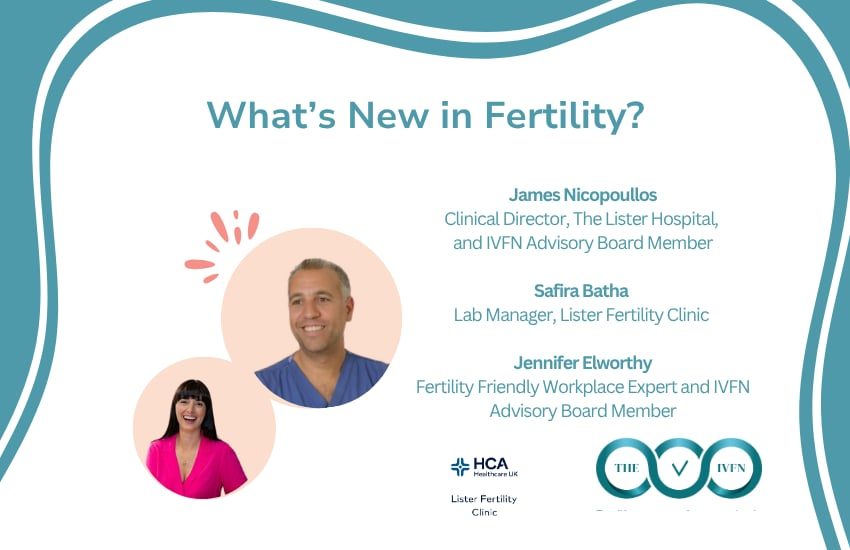Fertility and Mental Health: Navigating the Emotional Side of Infertility

Join us to continue reading
This content is for members only, to read the full article log in to your account.
If you don’t have a membership yet, visit our Join us page.
Would you like your employer to pay for this?
For an obligation free chat to discuss how employer membership to The IFVN would work for your business, please contact us using this enquiry form.
Further reading
-
Female Perimenopause and Fertility Treatment: What you need to know

-
Baby loss and miscarriage What not to say to someone who has miscarried

-
Female Understanding Miscarriage: What it means for your fertility journey

-
Female Reproductive immunology – the role of the immune system in fertility treatment

-
Fertility Treatments What’s new in fertility?

-
Alternative Therapies Acupuncture and Pregnancy

-
Female Egg freezing – your questions answered




